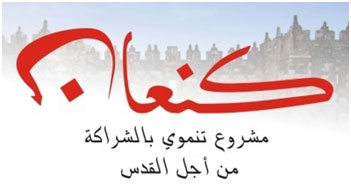2017-03-01
The occupation municipality demolishes a residential building in AL-Isawiya town
The dozers of Israel municipality in Jerusalem demolished on March 01, 2017 a residential building in the village of Isawiya under the pretext of building without a permit.
A massive force from special units and occupation police raided the village and were deployed in several areas and closed some streets. They then headed to the building of Khaled Nimer Mahmoud and evacuated the residents by force to execute the demolition order. The affected family was not allowed to evacuate any of the interior.
It should be noted that the building consists of two floors with a total of 4 apartments. Khaled Mahmoud and his family, Khaled’s son and his family, the family of Omar Na’eem Castero and the family of Atallah Dirbas live in the four apartments.
It is reported that this is third time the building gets demolished under the same pretext; previously in 2002 and 2003. A building violation fine of 75 thousand NIS was previously imposed on the owner and he attempted to license the building but to no avail.
Land Research Center LRC sees that demolitions contradict with all the International conventions and Humanitarian laws including:
Article 17 of the (1948) Universal Declaration of Human Rights stating: “Everyone has the right to own property alone as well as in association with others. No one shall be arbitrarily deprived of his property.”
Section ‹G› of article 23 of the (1907) The Hague Conventions asserting: “In addition to the prohibitions provided by special Conventions, it is especially forbidden to destroy or seize the enemy's property, unless such destruction or seizure be imperatively demanded by the necessities of war.”
Article 53 of the Geneva Fourth Convention (1948) declaring: “Any destruction by the Occupying Power of real or personal property belonging individually or collectively to private persons, or to the State, or to other public authorities, or to social or cooperative organizations, is prohibited, except where such destruction is rendered absolutely necessary by military operations.”
Section 1, Article 11 of the International Covenant on Economic, Social and Cultural Rights (1966): “The States Parties to the present Covenant recognize the right of everyone to an adequate standard of living for himself and his family, including adequate food, clothing and housing, and to the continuous improvement of living conditions.
This case study is part of Kan'aan Project

